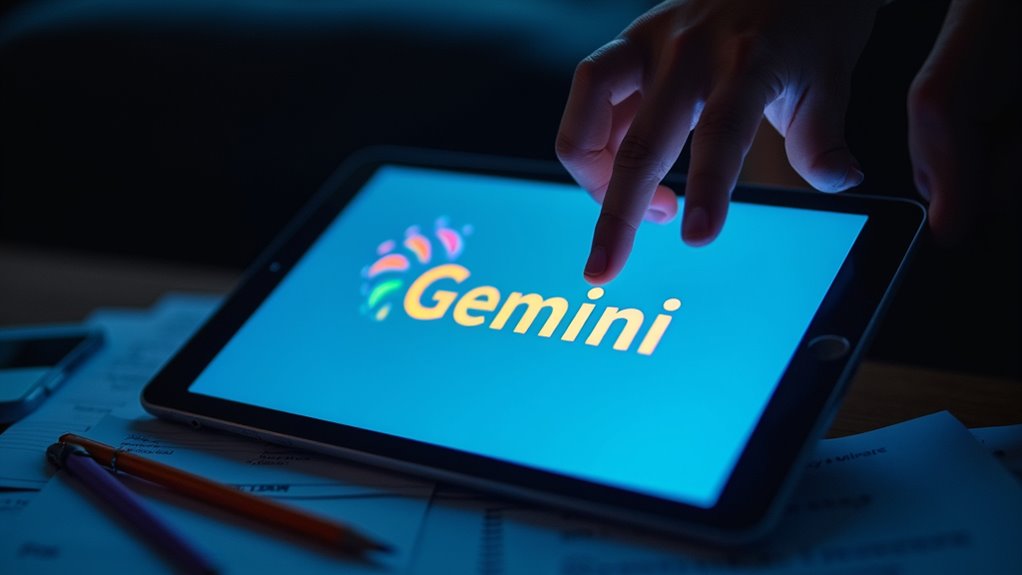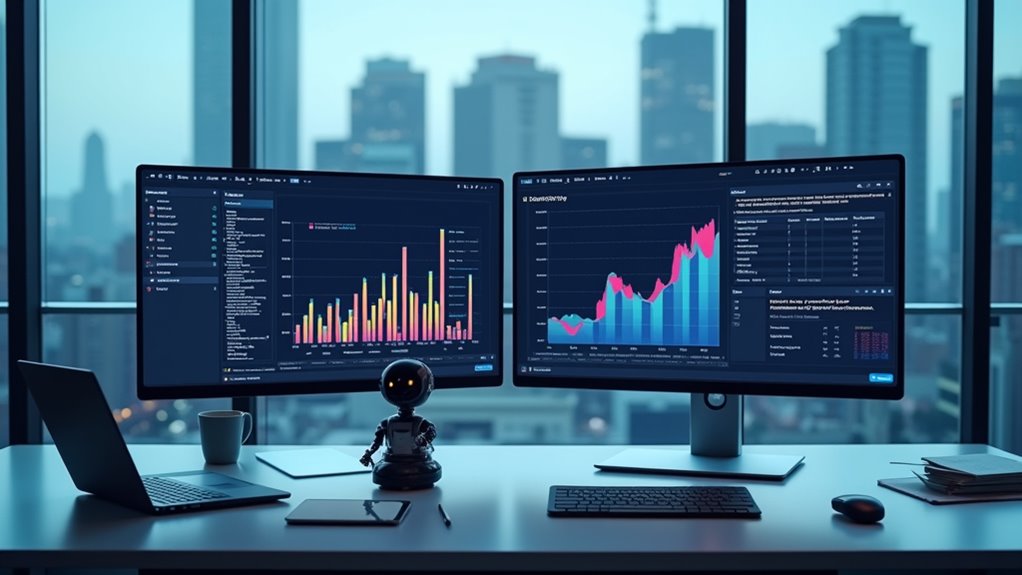Will AI erase your job by 2028? Bill Gates isn’t predicting a robotic apocalypse, but he’s not sugar-coating it either: AI could displace up to 25% of jobs in places like Hong Kong, with call center reps and data clerks sweating buckets. Even in the U.S., nearly one in four workers have already felt AI’s cold, metallic touch. But don’t panic-quit just yet. Many jobs just morph, not vanish. Curious which gigs are safe—or toast? Stick around for the breakdown.
How quickly can the robots come for your job? If you’re in Hong Kong, the answer might be “faster than you can say ‘ChatGPT.’” By 2028, about 25% of the city’s workforce—800,000 people—could be out of a job or scrambling for a new career. It’s not just the folks typing away in data entry or answering phones in customer service. Even high-flying lawyers and translators aren’t safe from the algorithmic onslaught.
Across the Pacific, US companies aren’t shy about swapping humans for AI either. Nearly a quarter (23.5%) have already replaced workers with AI tools. In May 2023 alone, AI accounted for 5% of all job losses. If Goldman Sachs is right, up to 300 million jobs worldwide could be displaced by 2030. That’s not science fiction—that’s a lot of people updating their résumés.
Let’s break it down:
- Most at risk: Data entry clerks, admin staff, call center reps.
- Also sweating: Legal eagles, translators, some retail and accounting roles.
- Not immune: Manufacturing and logistics, with automation continuing to chip away. The growing demand for AI skills across industries means some workers will need to pivot quickly to keep up with the AI job market statistics.]
Before you panic-buy a lifetime supply of ramen, here’s the twist: most people think their jobs will change, not just vanish. About 25% of routine tasks are already AI-handled, pushing workers into new, techier gigs—sometimes after a crash course in “how to work with robots.”
But it’s not all pink slips and existential dread. New roles are popping up: AI maintenance, ethics oversight, cybersecurity, and even AI trainers (no, not the running shoes). The rise of hybrid jobs—think “data-savvy marketer”—means reskilling is the new black.
Public anxiety is definitely trending, but reality isn’t quite at Skynet levels yet. Many overestimate how fast the AI takeover will be. Meanwhile, governments and companies are investing in lifelong learning and AI ethics boards, trying to keep the humans in the loop.









